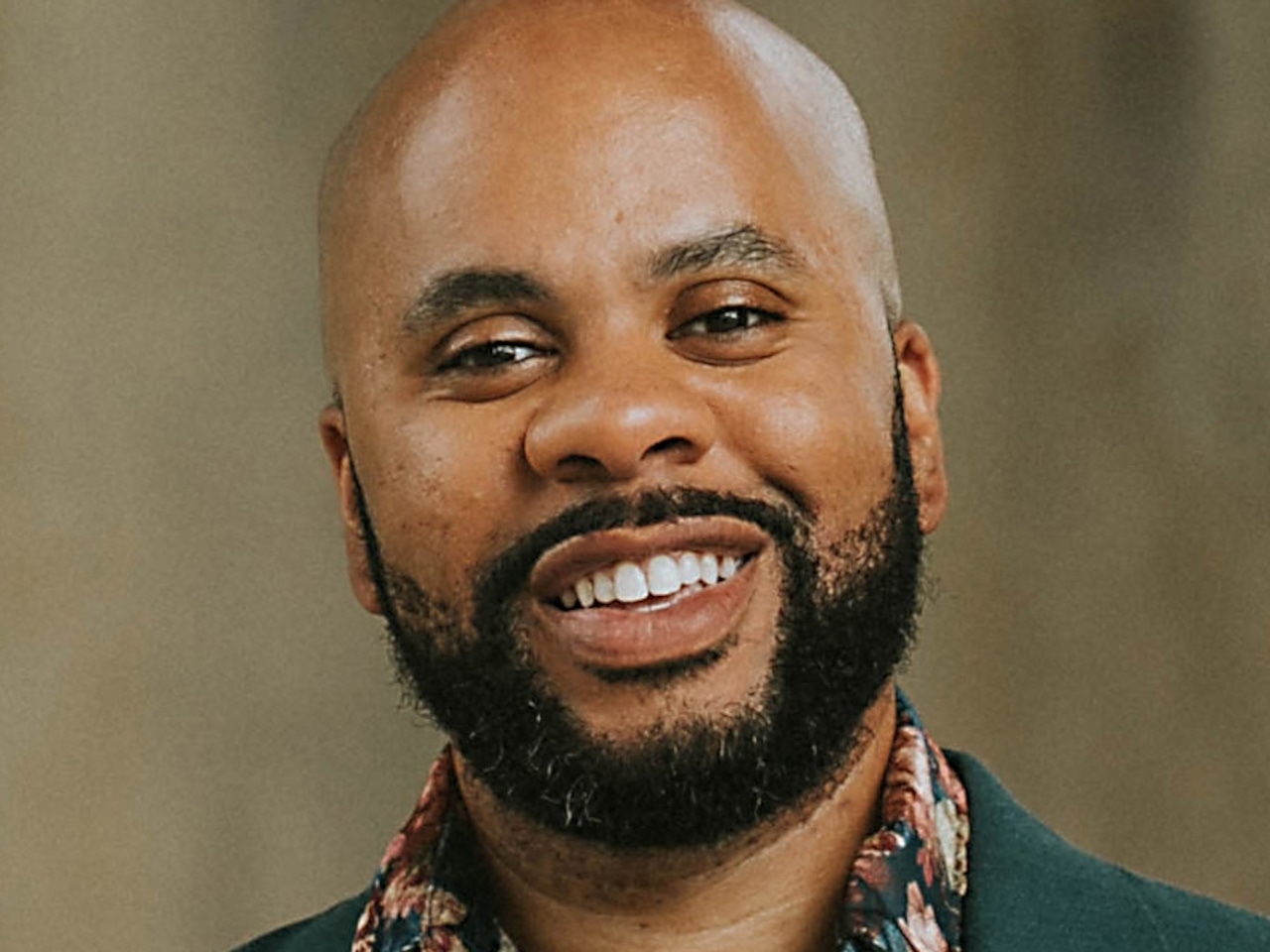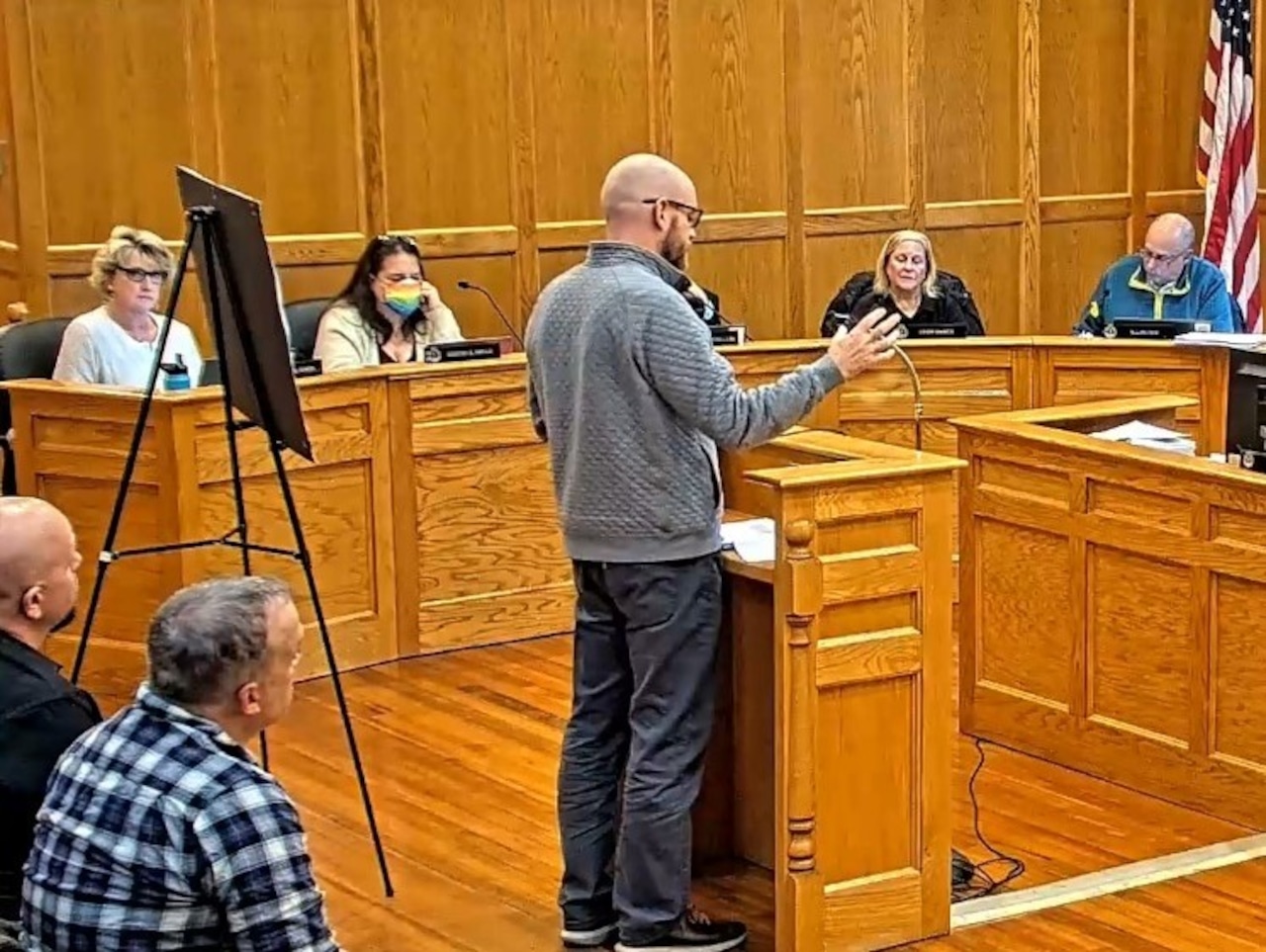
Dear Eric: I am one of many lonely adults struggling to make close friends. It’s never come easy for me, and it’s compounded by the fact that I’m an introvert who works from home part-time with three small children, living far away from family.
My husband is a great friend and support, but I’d love to have more female friends. Several years ago, when we moved to our current (very social) area, I started inviting people to barbecues, large parties, out to dinner and on vacations. I started a book club and two Bunco groups.
I work hard to listen when people talk and remember what they share, texting them on birthdays or big days that they mention were coming. I offer to watch children and plan play dates. While I feel friendly with a large circle of people, I’m rarely (if ever) on anyone else’s invite lists and don’t get any texts on my birthdays.
I don’t think my social skills are appalling, people do seem to like me. And I don’t resent my acquaintances spending time together without me, I just wonder what I’m missing. Am I expecting too much from friendships as an adult? Should I be happy and not lonely with what I have? I know I’m lucky to now know so many of my neighbors, but when I stop trying to interact with them, they forget about me. I’m frankly exhausted with the one-sided effort and ready to give up.
— Tired of Trying
Dear Trying: I’m going to tell you something that will probably annoy you. I apologize in advance. You may be too good at socializing, to the point where the people around you assume your calendar is always full and/or don’t think you’re someone who needs the kind of friendly check-ins we all do. This is counterintuitive, of course, but people are strange.
Being the consummate social butterfly in what you describe as a very social area has many benefits — you should be proud of what you’ve done — but it might be impeding deeper connections.
Try to narrow your scope a little. Are there a few people with whom you’d like to develop a closer relationship? If so, focus on cultivating a series of meaningful interactions with them. Don’t be afraid to tell them your plan, i.e., “I’d love to be better friends. Can we get together?” I’ve found that one of the benefits of making friends as an adult is you can say what you really mean.
You’re obviously quite gifted at the art of community-making, no small feat. But if you’re running the party, you don’t always get the benefit of the party. Being more strategic and focused won’t narrow your social group but could elevate some of those casual acquaintances to the level of friends.
Dear Eric: I just read the letter signed “Former Friend,” someone whose son’s classmate continued to stay in touch long after their son had fallen out of contact. I offer some thoughts on behalf of someone who is still in touch with many of my son’s former classmates.
One, they might genuinely enjoy you as a person. As they become adults, it’s a wonderful opportunity to form independent friendships.
Two, some young people might see you as a parental figure that they don’t have. You might be seen as a resource for advice.
Three, sometimes you’ve been the safe space in their life.
Decades ago, I was a young person whose mother was deceased and whose father was abusive. I would have given anything just to have a safe adult to talk to. As an adult, I have been that safe space for some. You might be a combination of any of these.
My son still considers all these people friends, but he doesn’t stay in close contact with all of them, due to the demands in his personal life. On the other hand, I hear from them, see them, and are cared about by them on an ongoing basis. I feel blessed. I don’t think a person can ever have too many people who love them. They fill my life with blessings. Years ago, during a particularly difficult time in his life, my son commented, “You lose enough people in life without losing the ones you don’t have to.” I think those are the wisest words I’ve ever heard.
— Still Friends
Dear Still Friends: Those are, indeed, wise words. I appreciate you sharing them. I also think you make a great point about the potential for the letter writer to play a needed role in a younger person’s life.
Relationships are two-way streets and if the letter writer isn’t finding value in the friendship with her son’s classmate, it’s worth taking a beat to figure out what could make it meaningful all-around.
(Send questions to R. Eric Thomas at eric@askingeric.com or P.O. Box 22474, Philadelphia, PA 19110. Follow him on Instagram and sign up for his weekly newsletter at rericthomas.com.)
©2024 Tribune Content Agency, LLC.






